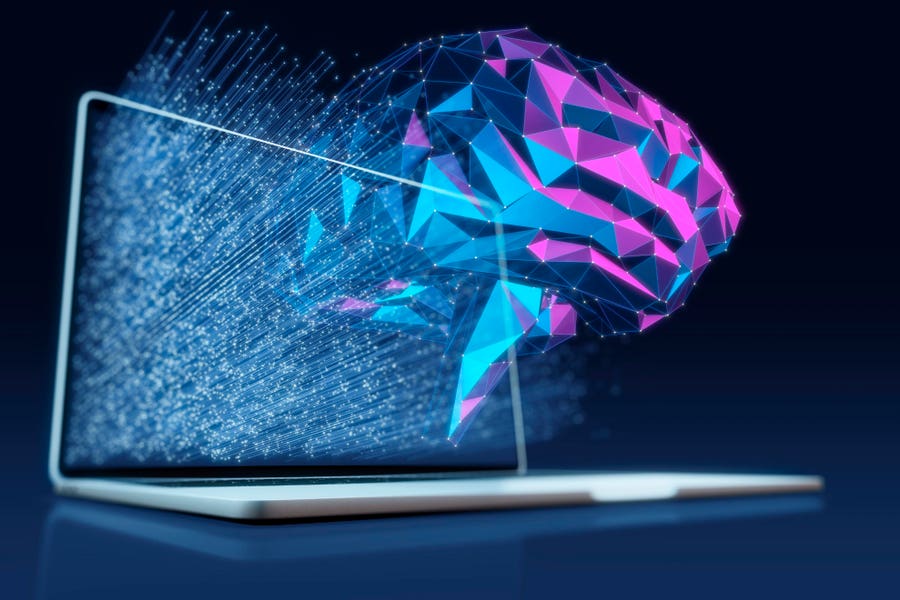Organizations, regardless of their size, are increasingly exploring the integration of Generative AI into their operations. This trend has elicited a spectrum of responses, ranging from dire warnings of potential catastrophe, particularly from prominent insiders, to concerns about more fundamental issues such as job security.
These varied perspectives are encapsulated in the outcomes of a recent global survey carried out by a team from the Boston Consulting Group between October 6 and 30. The survey, led by Katherine Rivet, Gabrielle Novacek, Jean Lee, Gretchen May, Hillary Wool, and Christopher Gentile, involved over 11,000 employees across the United States, Canada, the UK, France, Germany, Australia, Japan, and India. Participants included individuals from different hierarchical levels, from executives and senior managers to clerical staff, and aimed to gauge their sentiments regarding the adoption of Generative AI in the workplace. The survey yielded intriguing insights:
-
Trust Discrepancy Based on Usage:
- Individuals utilizing artificial intelligence or Generative AI technologies at work exhibit a significantly higher level of trust compared to non-users.
- Only 12% of non-management employees who do not currently leverage Generative AI expressed trust in the technology, whereas this figure rose to 37% among non-management users.
- Similarly, for senior managers and executives, the trust levels were notably higher among AI users, with 64% and 71% respectively, expressing confidence in the technology. This contrast highlights a prevailing trust disparity between organizational leaders and lower-level staff, emphasizing the importance of widespread adoption to foster trust.
-
Perceived Job Threat:
- A substantial portion of employees perceives AI and Generative AI as a potential threat to their roles, with heightened concerns among current users of the technology.
- 37% of non-management non-users expressed apprehension about AI automating their tasks, a sentiment shared by 41% of AI users.
- While worry levels were lower among senior managers and executives who do not utilize AI (32% for both groups), anxiety was significantly more pronounced among AI users, with 51% of senior managers and 54% of executives fearing replacement by AI.
- This paradoxical scenario underscores that increased exposure to Generative AI engenders both trust and apprehension, particularly among senior employees.
In light of these findings, it becomes imperative for organizational leaders to address employee concerns regarding the impact of AI and Generative AI on their jobs and future prospects. By acknowledging and proactively responding to these apprehensions, employers can cultivate a more supportive and conducive environment for the integration of AI technologies.
To help employees appreciate the benefits of AI, consider the following strategies:
- Highlight Efficiency Gains: Illustrate how AI can streamline mundane tasks, freeing up time for more engaging and creative work.
- Emphasize Performance Enhancement: Position Generative AI as a supportive tool that can enhance performance, especially in innovative endeavors.
- Offer Career Development Opportunities: Engage employees in reshaping their roles with the aid of Gen AI, fostering a sense of ownership and empowerment in navigating future career paths.
Ultimately, before embarking on the implementation of Generative AI in the workplace, it is crucial to assess and address employee perceptions, career implications, and upskilling needs. By involving employees in this transformative process, organizations can facilitate a smoother transition towards embracing Generative AI and harnessing its full potential.






